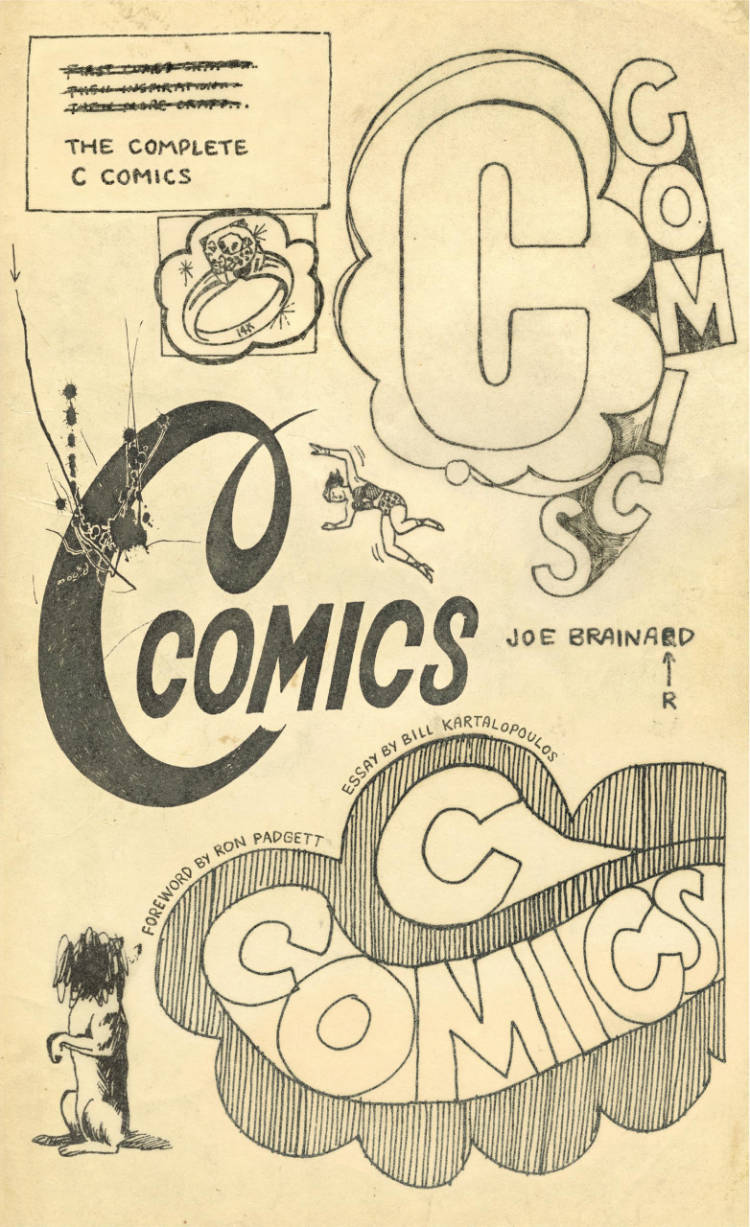
Masturbatory Reader (2nd edition)
Sticky Fingers ed.
This Masturbatory Reader asks three main questions.
1. What power and pleasure can we access through attending to the erotics of knowledge production?
2. How are the sites, systems and tools of knowledge-making designed to reiterate violent norms (and in turn, erase deviant practices)?
3. What could the making (and unmaking) of these systems allow us to imagine?
To unpack these questions the edition gathers 16 contributors across 136 pages, conjuring the thinking (wondering, studying, lusting, sweating, ranting) of an expanding chorus of references that sit distances apart, folded here between facing pages. A chorus calling to action, calling to theory, calling to bed.
Featuring D Mortimer, Wes Knowler, Biogal, Tallulah Griffith, Brooke Palmieri, Carl Gent, Sophie Mak-Schram, Alice Butler, Jessa Mockridge, Nat Pyper, Alton Melvar M Dapanas, Sammy Paloma, Donna Marcus Duke, and Ryan Boultbee, with a forward by Emily Pope.
“In this anthology, reading is cruising, and cruising is reading.” – Sam Moore, ‘The (Bad) Taste Test: Radical Acts of Queer (Self) Pleasure in The Masturbatory Reader’, Polyester Zine







